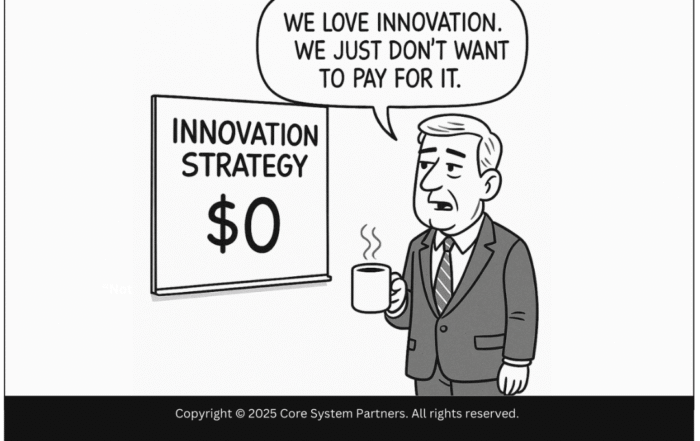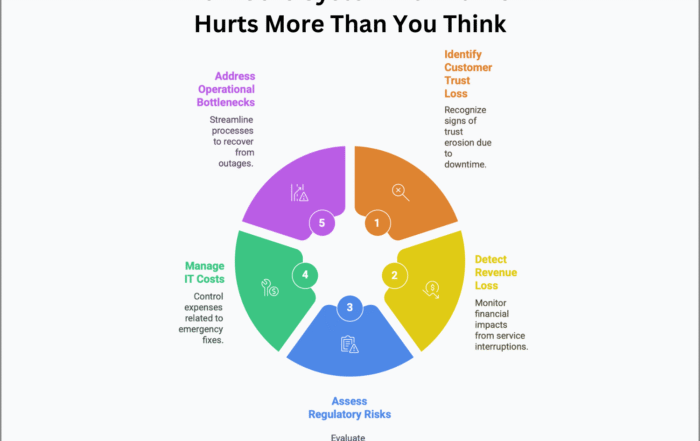When embarking on major corporate transformation initiatives, having a dedicated team of business analysts (BAs) or subject matter experts (SMEs) is critical yet often overlooked. These professionals intimately understand your organization’s processes, products, services and how they integrate with various systems. Neglecting their involvement is a costly mistake.
The Linchpins of Change
Good BAs are the vital linchpins connecting your current operating model to the future state your transformation is driving toward. They can map out which specific processes and workflows will be impacted by proposed changes. This insight allows transformations to be properly scoped and sequenced to minimize disruptions to business-as-usual operations.
BAs don’t just analyze, however. They play a hands-on role in defining new processes, system requirements, data mappings and more. Having this functional expertise engaged from the start prevents transformations from going off-track due to misaligned assumptions or overlooked interdependencies.
Bridging Strategy and Execution
Corporate transformations often falter because of a disconnect between high-level strategic visions and on-the-ground execution realities. BAs are the essential bridge across this divide. They translate leadership’s strategic objectives into clear, actionable tactics by:
- Conducting impact analyses to identify affected stakeholders
- Defining new roles, processes and technology needs
- Developing training plans to upskill impacted staff
- Designing and validating new operational workflows
This end-to-end, cross-functional perspective from BAs helps transformations achieve unified alignment from concepts through lasting adoptiont
Facilitating Organizational Change
Beyond technical and operational impacts, BAs also provide vital insights on the organizational change management required. They can pinpoint teams, roles and individuals facing significant process shifts and capability gaps. This intelligence shapes strategies like targeted training programs, communications and incentives to drive desired behavior changes.
As leaders of major change like Lou Gerstner realized at IBM, sustainable transformation hinges on evolution of attitudes and culture as much as processes and systems.
Full-Time Focus on Transformation
While some managers believe employees handling current “business as usual” duties can serve as BAs, this is a risky misconception. Properly navigating a corporate transformation requires full-time dedication that existing staff cannot sustainably provide without burning out or dropping other critical responsibilities.
Dedicated BAs allow transformations to be executed with focus and quality governance. They facilitate seamless knowledge transfer, comprehensive testing, meticulous data migration and end-user training – all essential for transformations to deliver lasting results.
In today’s dynamic business climate, corporate transformations are a constant necessity for long-term competitiveness. Having an experienced and empowered team of business analysts integrated throughout the journey is invaluable for turning strategic visions into operative reality.
Found this article interesting? Check out these three related reads for more.
- Continuous corporate transformation – Navigating persistent change
- Why is it referred to as a core banking transformation instead of just a migration?
- Core banking transformation with embedded analytics
#BusinessAnalyst #CorporateTransformation




